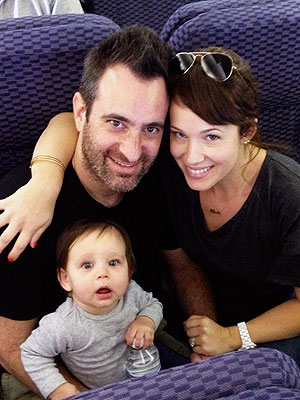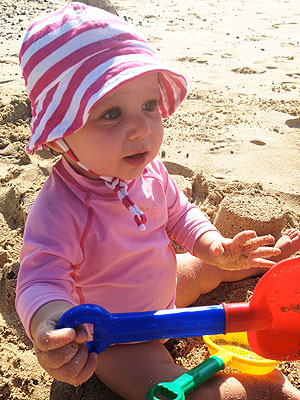
Anis Belghoul/Associated Press
An Algerian military truck on a road leading to a Saharan gas field where militants still held at least 10 foreign hostages on Friday.
BAMAKO, Mali — Islamic militants in Algeria continued to hold at least 10 and possibly dozens of foreign hostages Saturday, ignoring demands that they surrender peacefully. Among the dozen captives believed to have been killed was an American man from Texas.
As the hostage situation entered its fourth day, a senior Algerian government official said there were no talks planned with the militants.
“They are being told to surrender, that’s it,” the official said on the third day of the crisis. “No negotiations. That is a doctrine with us.”
The United States said for the first time that Americans were among the remaining captives and confirmed the first known death of an American hostage, Frederick Buttaccio, 58, of Katy, Tex. Linked In, the social networking site for professionals, lists a Frederick Buttaccio as a sales operations coordinator for BP, the British energy giant that helped run the complex, but a company official said it would not comment on any employee who may have been at the facility.
France said a French citizen also was known to have been killed.
All foreign governments with citizens at risk were still scrambling for basic information about the missing as they ferried escaped hostages out of the country on military aircraft and urged Algeria to use restraint.
“This is an extremely difficult and dangerous situation,” Secretary of State Hillary Rodham Clinton told reporters in Washington. Describing a conversation she had earlier Friday with Algeria’s prime minister, Abdelmalek Sellal, Mrs. Clinton said she had emphasized to him that “the utmost care must be taken to preserve innocent life.”
Algeria’s state news agency, APS, said 12 Algerian and foreign workers had been killed since Algerian special forces began an assault against the kidnappers on Thursday. It was the highest civilian death toll Algerian officials that have provided in the aftermath of the assault, which freed captives and killed kidnappers but also left some hostages dead in one of the worst mass abductions of foreign workers in years.
Previous unofficial estimates of the foreign casualties have ranged from 4 to 35. The American who died, Mr. Buttaccio, lived in a gated community in Katy, a suburb that is about 30 miles west of downtown Houston.The Algerian news agency also said that 18 militants had been killed and that the country’s special forces were dealing with remnants of a “terrorist group” that was still holding hostages in the refinery area of the gas field in remote eastern Algeria.
It also gave a new sense of how many people may have been at the facility when the militants seized it on Wednesday, asserting that nearly 650 had managed to leave the site since then, including 573 Algerians and nearly half of the 132 foreigners it said had been abducted. But that still left many people unaccounted for.
The senior Algerian official, who spoke on condition of anonymity, said he believed there were about 10 hostages, under the control of possibly 13 to 15 militants, but he emphasized that “nothing is certain” about the numbers, which have varied wildly since the crisis began. He also said that there were other workers on the site “who are still in hiding” but that the Algerian military had secured the residential part of the gas-field complex.
“What remains are a few terrorists, holding a few hostages, who have taken refuge in the gas factory,” he said. “It’s a site that’s very tricky to handle.”
The official also challenged the criticism made in some foreign capitals that the Algerian military had acted hastily and with excessive force. On the contrary, he said, Algerian forces had returned fire only as the militants sought to escape the complex with their captives.
“There was a reaction by the army,” he said. “They tried to flee and they were stopped,” the official said of the militants. “They came absolutely to blow the whole site up. These are bitter-enders.”














